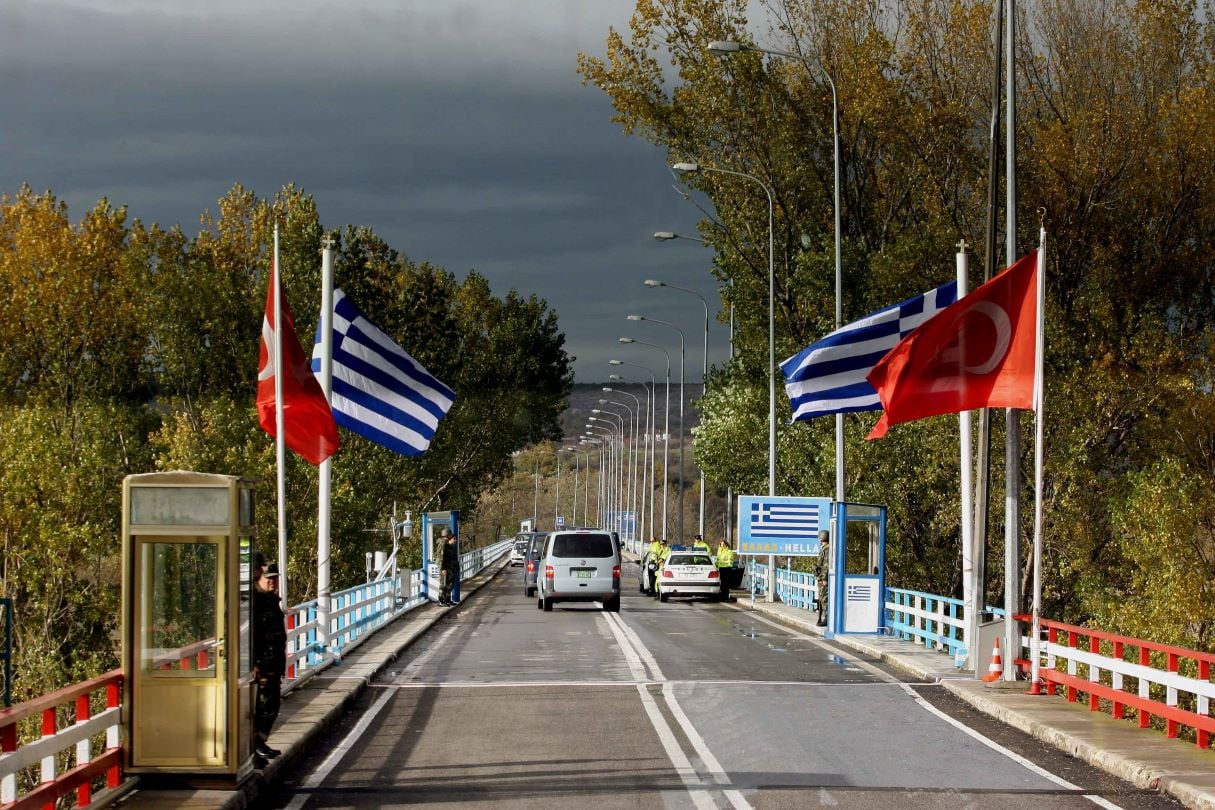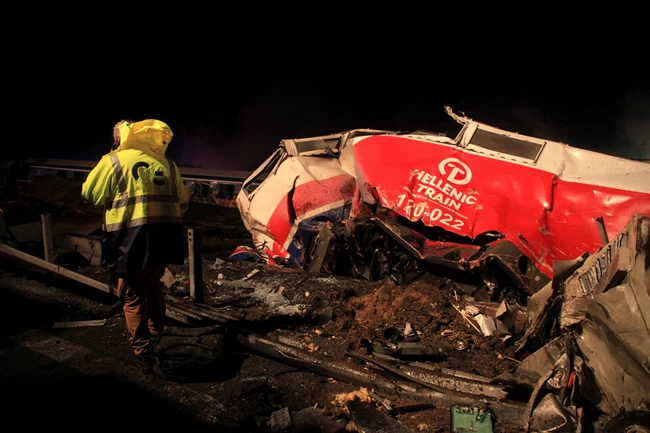Imagine a bot — that’s what they call those little computer programs that can perform all sorts of tasks across the internet — with a database containing the details of several hundred thousand virtual Facebook users. Each of them bears some nickname, or even a name that looks perfectly real, along with striking profile pictures — some plucked from random strangers on Google, others conjured by today’s hyper-realistic 3D engines and AI, that can fabricate human faces almost indistinguishable from life.
The program works like this: on the screen appears a box, waiting to receive a post written exactly as if it were being published on Facebook. The user then fills in a few fields — numbers corresponding to his wishes: how many accounts should reshare the post, how many likes it should gather (within a range, so it won’t look suspiciously identical), and how quickly this should unfold. Once the user hits ENTER, he becomes — to put it bluntly — God !
That was the very idea of George, a skilled programmer in C++ and other languages, though as an employee he had been earning less and less for his knowledge — thank the memorandum for that. Eventually he was laid off when the company folded, one among a thousand others that went under during those seven black years. So he started working from home.
“You promised you’d show me,” said Katerina, pressing her body against his back, her arms wrapped around him, wearing nothing but his half-open shirt.
“You’ll use every trick in the book, I see,” George laughed, seated before his computer.
“I gave you my divine body for two weeks now — purely on instinct, because you seemed a decent guy. Now I need to know how you make your money, you sly little rogue.”
“Ha! Fine,” George said. “See this here?”
“The email?”
“Yes. Today’s instruction.”
“For what?”
“For what I’ll feed into the bot — and the bot will spread it across the internet with its army of profiles.”
“No way! What does it say?”
“Read.”
Katerina leaned forward and read:
“However bad things may seem, everything can change through positive thinking. All flows from the mind, all is governed by it. And everything, in the end, is in your hands.”
“Now I’ll set the parameters and unleash it. Let’s launch it — and afterward I’ll show you exactly what I do.”
“Ha, your mind is always on that!” she teased.
While George enjoyed himself with Katerina, the tireless bot toiled on. One by one, its profiles appeared on Facebook, each posting the day’s “great truth of life.” Other profiles swooped in, adding the programmed number of likes at the scheduled rhythm, and leaving behind pre-fabricated comments such as:
“Good morning, my love.”
“# you’re always a treasure of wisdom.”
“Damn, # you’ve opened our eyes again.”
“Thank God for you, # — maybe now we’ll finally understand why everything’s going wrong.”
The symbol # marked the placeholder the bot used to insert, automatically, the pseudonym of whichever profile had posted — so the whole exchange looked more personal, more like a real conversation.
“Now for the best part,” George told Katerina when at last they were sated. “Just button up, or we’ll never get past the first step.”
She laughed, slipped on her panties, and came closer. “Feel safe enough now?”
“You tease,” he grinned, pointing to the screen. “Look at this smart-aleck.”
“Come on, #. With no money, with all those bastards in government robbing us blind, what ‘positive thinking’ bullshit are you selling?”
The bot replied automatically:
“My friend #, all opinions are valid, but insults and violence lead nowhere. We say no to violence, from wherever it comes.”
“Not bad, your little bot,” Katerina admitted. She had some programming knowledge herself. “It even inserts the name of the critic, to make the answer seem personal. Clever design. The reply itself is like a horoscope — vague enough to fit a thousand situations. But how did it recognize the insult? Keyword detection?”
“Exactly. They give us a slot where we can program the bot to pull from a database of canned responses. Stuff like Al Qaeda, Twin Towers, chemtrails, immigrants, queers, solidarity, gay pride, neoliberals, memoranda, the surnames of all the usual politicians. We don’t have to write a thing. With swear words, for example, it just spits out some version of ‘Violence breeds violence’ or ‘We say no to violence, wherever it comes from.’ I’ve seen five or six variations.”
“Wow,” said Katerina, impressed. “And look here — thirty-four likes in just half an hour.”
“If I ran it twice, it would’ve hit a hundred. But never more than 127 — that’s today’s upper limit.”
“Why not higher?”
“That’s the trick. A post with just one to ten likes rarely attracts more. But once it passes thirty or forty, the real users start piling on. Past a hundred, it takes off like wildfire.”
“And then what do you need to do?”
“The bot gives me a list of which profiles posted today’s message. I log into them briefly and reply to the real users, so they believe they’re talking to an actual person.”
“And how do you know who’s real?”
“Most real users, as you can see, post generic comments — just like my fake profiles.”
“True,” Katerina said, reading aloud: ‘Good morning #,’ ‘You’re awesome #,’ ‘You scored again #,’ ‘We’ll always love you #.’ She smiled slyly. “You’ve even got fangirls, I see.”
“Not me, sadly — the bot. I only reply to the ones who question or push back.”
“Which are very few, I notice.”
“Exactly. And fewer every day. Since I started, the genuine likes on my fake profiles keep rising, while the critical comments shrink almost to nothing.”
“Amazing. So you actually have less work to do?”
“Of course. It’s as if the audience of the bot and its profiles is growing duller by the day. Clearly, the people who send me the original posts know what they’re doing.”
“Who are they?”
“I haven’t the faintest. One day I got a message asking if I knew programming, if I could write good texts, and if I wanted to earn some easy money.”
“Wouldn’t it be funny if that message was sent by a bot too?”
“I doubt it. My pay lands in my account like clockwork, every week.”
“And you don’t care who they are? The opinions that rack up likes can sway crowds. Doesn’t it bother you that you might be steering people the wrong way?”
“Not in the least. I was unemployed. It’s hardly a crime. Anyone can use their critical judgment — if they choose — instead of swallowing whatever’s fed to them. I don’t write the posts, nor do I usually believe them. But the money comes in,
easily, as you see.”
“We’re talking about dozens, maybe hundreds of thousands of zombified people!”
“Indeed. That’s probably true,” Giorgos said, now looking both pensive and astonished. “See what a wonder success Positive Thinking can have?”






